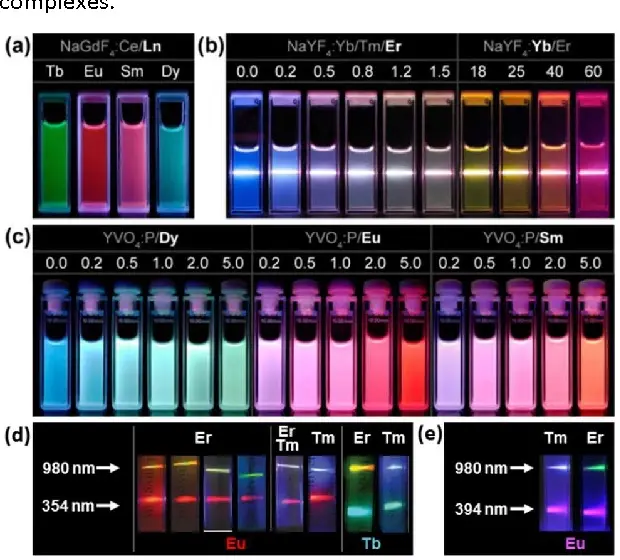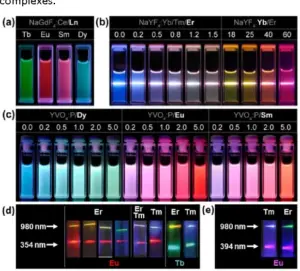China recently enacted an export prohibition on certain elements like gallium and germanium. This move was in retaliation to restrictions placed by the U.S. and its allies on advanced technology exports to China. According to Nikkei Asia, Malaysia’s prime minister Anwar Ibrahim announced a new policy to ban the export of rare earth elements from his country, too. The prime minister said the decision is made to prevent the exploitation of the nation’s valuable resources and ensure that the country gains the maximum economic benefits from them. Although Anwar did not provide specific details on when the ban would take effect, the declaration is a part of the government’s mid-term review of its five-year economic plan set to conclude in 2025.

Malaysia has deposits of monazite and xenotime, two minerals abundant in rare earth elements crucial for advanced electronics and renewable technologies. The country also boasts a considerable quantity of Lanthanide valued at about $20.25 billion. Lanthanide’s unique magnetic attributes make it very useful in the manufacturing of various electronic and optical devices. By 2025, non-radioactive rare earths are projected to significantly bolster the nation’s GDP by approximately 9.5 billion ringgit ($2.05 billion) and generate close to 7,000 employment opportunities.

